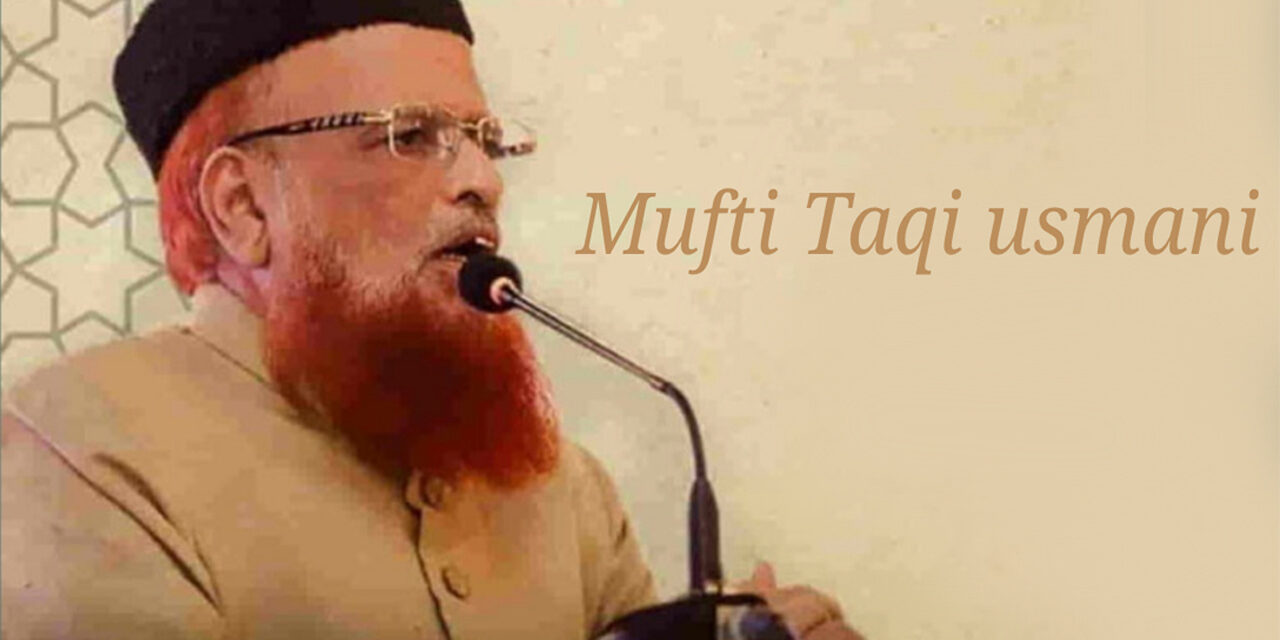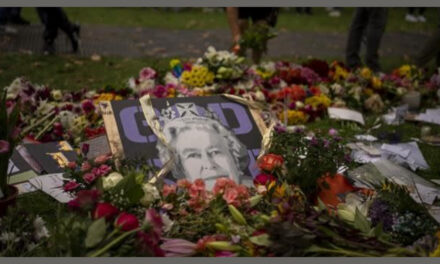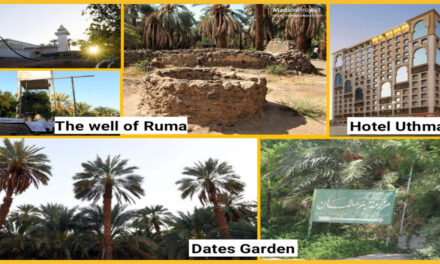
As Maulana Tariq Jameel says that he is indeed an asset and pride for Muslims, not only in Pakistan but all over the world. This leading scholar of Hadith, Islamic jurisprudence, and Islamic finance is Justice Sheikh Mufti Muhammad Taqi Usmani, also a former judge, Vice President, and Shaykh al-Hadith at Darul Uloom Karachi.
Mufti Taqi Usmani is a very important figurehead in the Deobandi movement as his fatwas are considered definitive by many scholars. Moreover, he is also the founder of Darul Uloom Karachi which is considered one of the leading Islamic Institutes across the world.
He has thousands of alumni across the globe.
One of his major contributions is the introduction of the concept of Islamic banking in Pakistan and he holds a global authority on the issue of Islamic finance as he leads the International Sharia Council for the Accounting and Auditing Organization for Islamic Financial Institution (AAOIFI) in Bahrain. He is a permanent member of the International Fiqh Academy of the Organization of the Islamic Conference, which holds a prime position in the legal bodies of the Muslim world. In this regard one of his quotes is;
“Since wealth is the property of Allah, humanity does not have autonomy on its own except through a specific path that is instituted in the Islamic Shari‘ah.”
He owns a vast body of writing, which includes the translation of The Quran in both English and Urdu, and a 6-volume commentary on Sahih Muslim in Arabic which has benefited millions of people across the world. He has authored more than 80 books in Arabic, English, and Urdu as he is very proficient in these languages. Also, he is supervising The Hadith Encyclopedia which will benefit us by referencing hadiths in a more easy way which indeed is a magisterial compilation.
He also served as a scholar judge on the Shariat Appellate Bench of the Supreme Court from 1981 to 1982. From 1977 to 1981 he was an active member of Zia’s Council of Islamic Ideology. He strongly opposed sectarianism, on this he said;
“Differences can be due to Madhab, Manhaj, Maslak, Mashrab, or even Mizaj. But this by no means should lead to division.”
He is one of the very few people who received Sitara-I Imtiaz in 2019 in the field of public service, conferred by the President of Pakistan accompanied by many lifetime achievement awards. He has been ranked 1st in the 2020 edition of The 500 Most Influential Muslims.
To conclude, I won’t be wrong if I say that he is indeed a role model for us as he has always kept deen and dunya side by side. He teaches us to not follow everything blindly but according to the teachings of Islam. He is always seen preaching with humbleness, which plays an important part in his personality as stated in one of his quotes:






Recent Comments